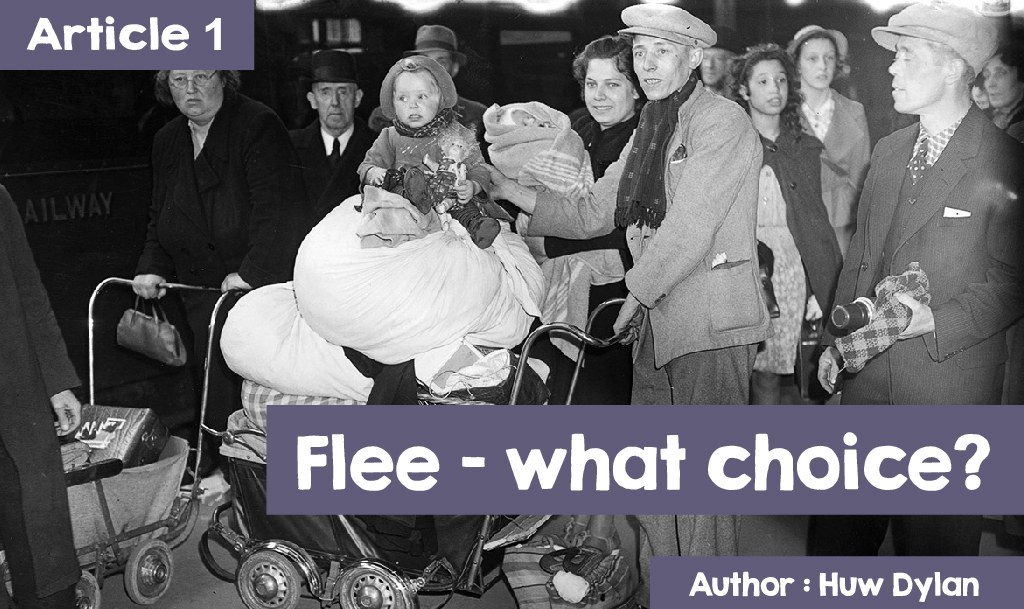|
Imagine for a moment that you live in a country where the group you and your family belong to is treated differently from the rest of the country's population. You don't get the same rights as most and you aren’t allowed to speak your own language, or follow your own culture or religion. The authorities blame you for many of the problems in the country and this, in turn, leads to great hatred of you by the majority of society.
|
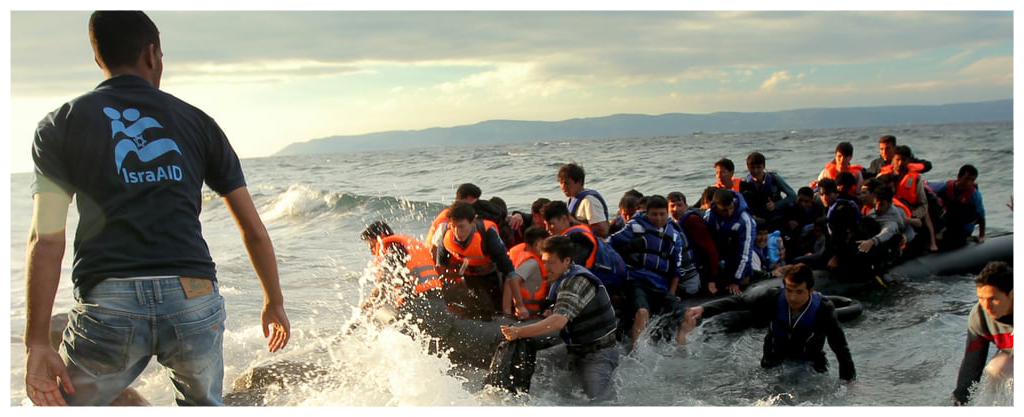
|
What are our rights? What are our responsibilities?
Everyone has the right to life, liberty and the security of person. And Article 14.1 clearly states : Everyone has the right to seek and to enjoy in other countries asylum from persecution. One of the main reasons why people flee and seek refuge in another country is the lack of religious freedom - they are not allowed to follow their own beliefs, customs and festivals. Article 18 states : Everyone has the right to freedom of thought, conscience and religion; this includes freedom for them to change their religion or belief, and also freedom, either alone or with others, publicly or privately, to manifest their religion or belief through teaching, professing, worshiping and observing rituals. The Act sets out a legal procedure for how consent to organ donation should be given in Wales. The Act creates two new types of legal consent - express consent where a living person declares intent and presumed consent which applies to deceased persons. Otherwise a person must declare an objection. |
Have the Welsh had to flee for religious reasons?Unfortunately, in today's world these rights are only a dream for thousands and thousands of people. Yet having to flee for religious reasons is not a feature of the modern world alone. It has happened consistently throughout history in many countries and in many religions. The pursuit of religious freedom was the main reason why Quakers, including many from all parts of Wales, left Britain in the 17th century and set sail for America and settled in Pennsylvania. William Penn, founder of the Quakers, believed that there was some God in every person and that there was no need for a church, officers or services to enable a person to connect with God. At that time, the Anglican Church had great political power and believed that the Quaker message was an attack on the Church and its teachings. The Quakers refused to swear an oath of allegiance to the King or go to church. They were considered a threat to society and, therefore, many Quakers were persecuted and imprisoned for their beliefs. In fact, between 1662 and 1670 some 6,000 Quakers were imprisoned. There was no choice but to flee to another country in order to have the freedom to pursue their own beliefs. |
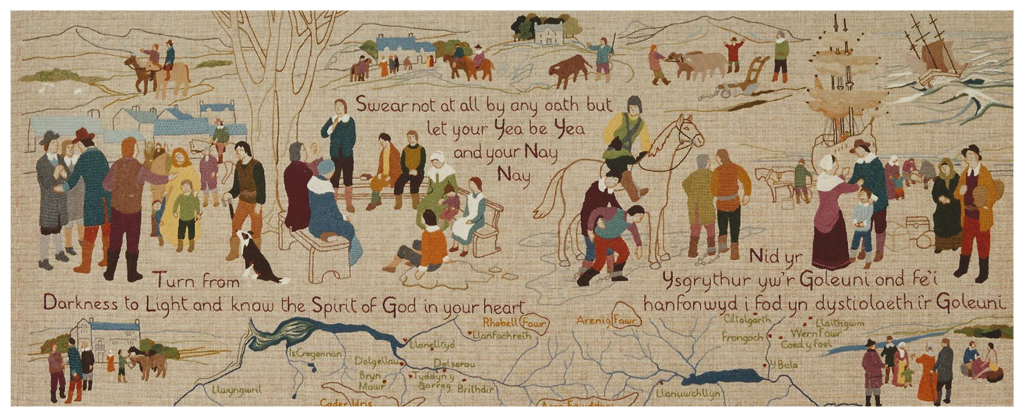
|
Who are the current religious refugees?
In today's world, the most prominent refugee situation is the Syrian situation and within that situation many are fleeing because they are seeking religious freedom. The conflict started in 2011, mainly for political and economic reasons but, today, the situation is much more complicated.
|
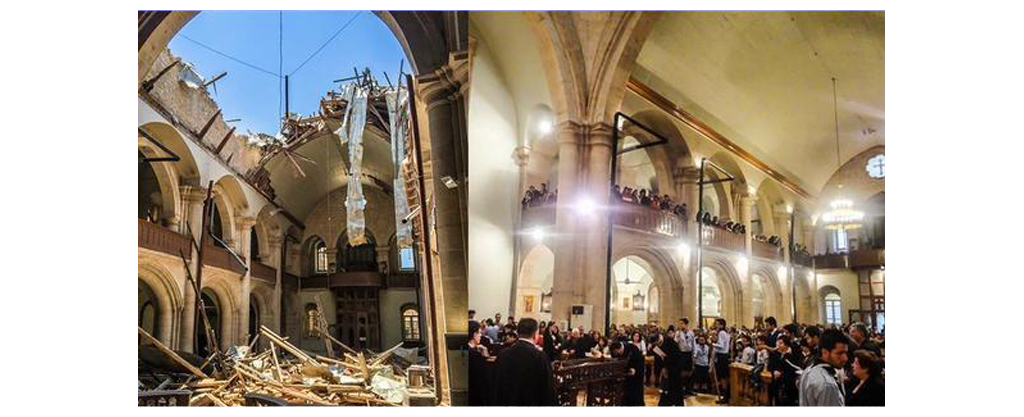
|
|
Of course it's not just Christians who are religiously persecuted in Syria and have to flee because of it. IS persecutes anyone, including Muslims, who do not share the same ideas as them. The choice often given is to change to accept IS beliefs or death.
This was especially true in what IS did to the Yazidis in Northern Iraq. The Yazids are a Kurdish society that follows an ancient religion. They believe that God has given seven angels control of the world. They do not believe in Hell. So IS considers them the worshipers of the devil. Many of the men of the Yazids have been murdered and many of the women have been sold as slaves.
|
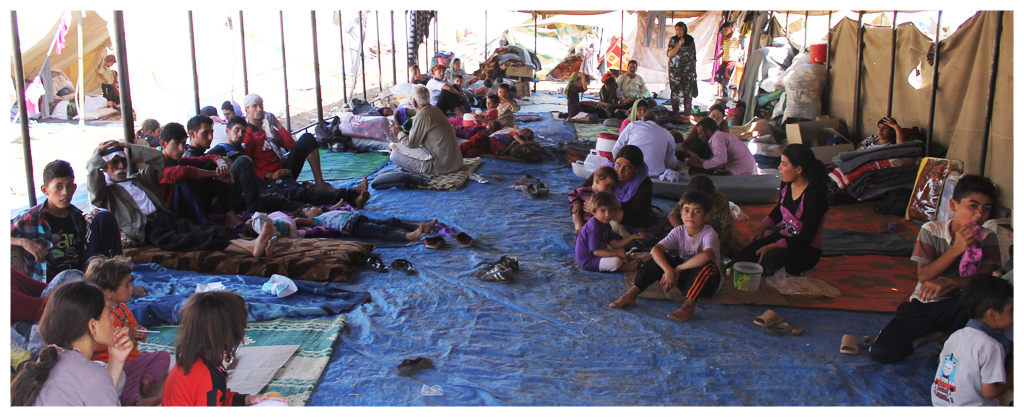
|


